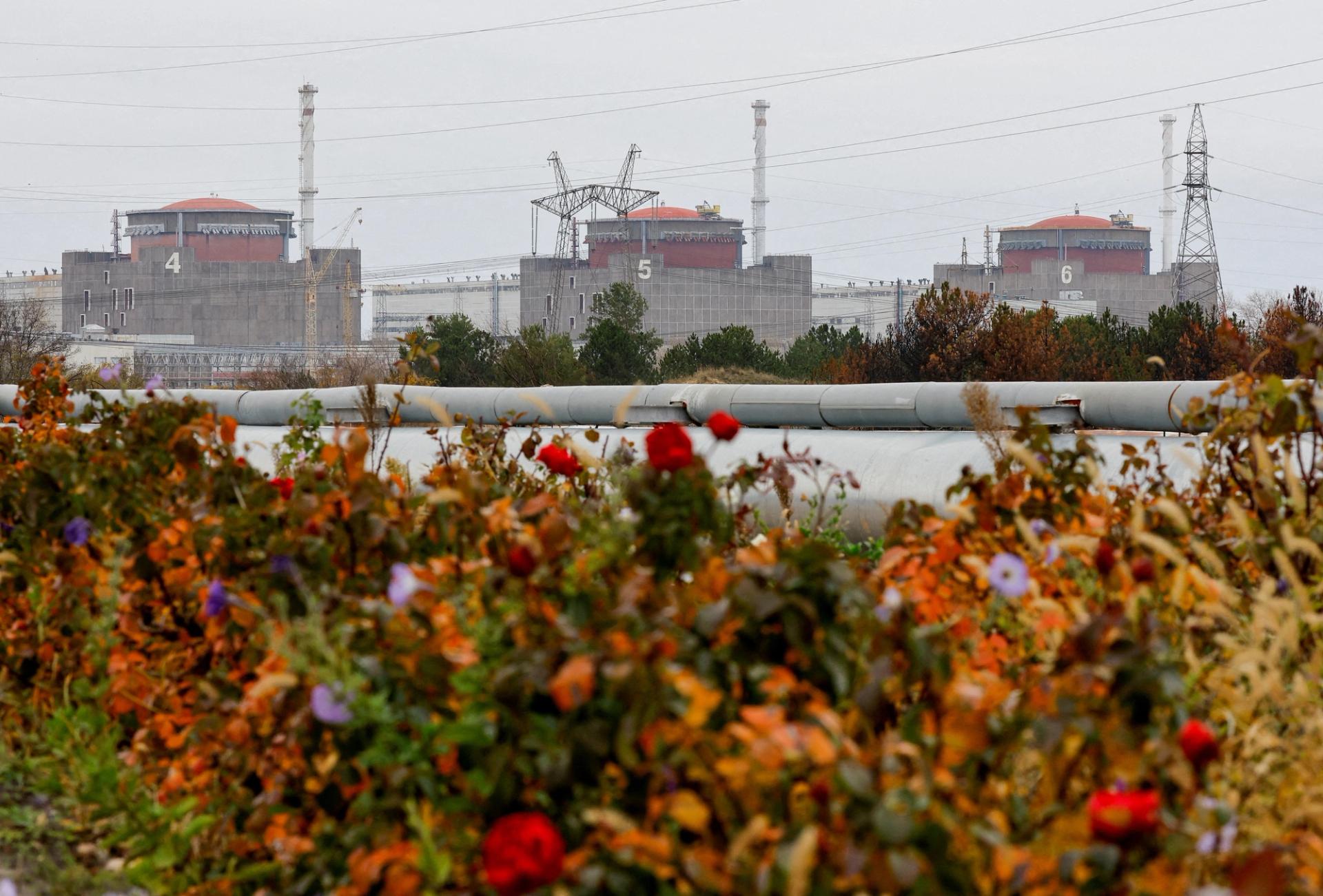The News
The Zaporizhzhia nuclear power plant was hit by a series of drone attacks on Sunday in the first attacks on the plant since November 2022. Russia and Ukraine both denied responsibility, blaming the other for endangering Europe’s largest nuclear power plant, which Russian forces have controlled since March 2022.
The International Atomic Energy Agency said there was no signs that the strikes had compromised the facility’s nuclear safety, but its chief warned that “such reckless attacks significantly increase the risk of a major nuclear accident.”
SIGNALS
Europe’s largest nuclear plant remains in ‘constant jeopardy’
The fighting around the facility has put the plant in “constant jeopardy,” IAEA head Rafael Grossi said. The site has lost all external power eight times during the war, forcing it to rely on emergency generators for cooling the nuclear fuel to stop a nuclear meltdown. The facility has containment structures made of steel-lined concrete, but it is “not designed to withstand fighting,” a Ukrainian nuclear scientist told New Scientist. Moreover, two years of Russian occupation has left the facility in a bad state. Safety issues “resulting from the degradation of the ZNPP’s systems are a certainty,” according to Darya Dolzikova, an expert in nuclear safety in Ukraine at the Royal United Services Institute.
Russia ramps up attacks on Ukrainian energy plants
Russia has renewed its attacks on Ukraine’s energy sector, choosing to target power plants in areas without air defenses, the Financial Times reported. Ukraine’s energy minister said Monday that Russia has hit more than 80% of the country’s conventional power plants since late March. While the Kremlin’s campaign against Ukraine’s energy grid last winter targeted switchyards and transformers, Russian missiles are now aimed at power plants to “destroy them completely because it is not possible to rebuild power stations in a short time,” Maxim Timchenko, chief executive of DTEK, Ukraine’s largest private energy company, told the Financial Times. He said getting the facilities up and running again will cost $230 million after the company lost 80% of its production over the past weeks.

